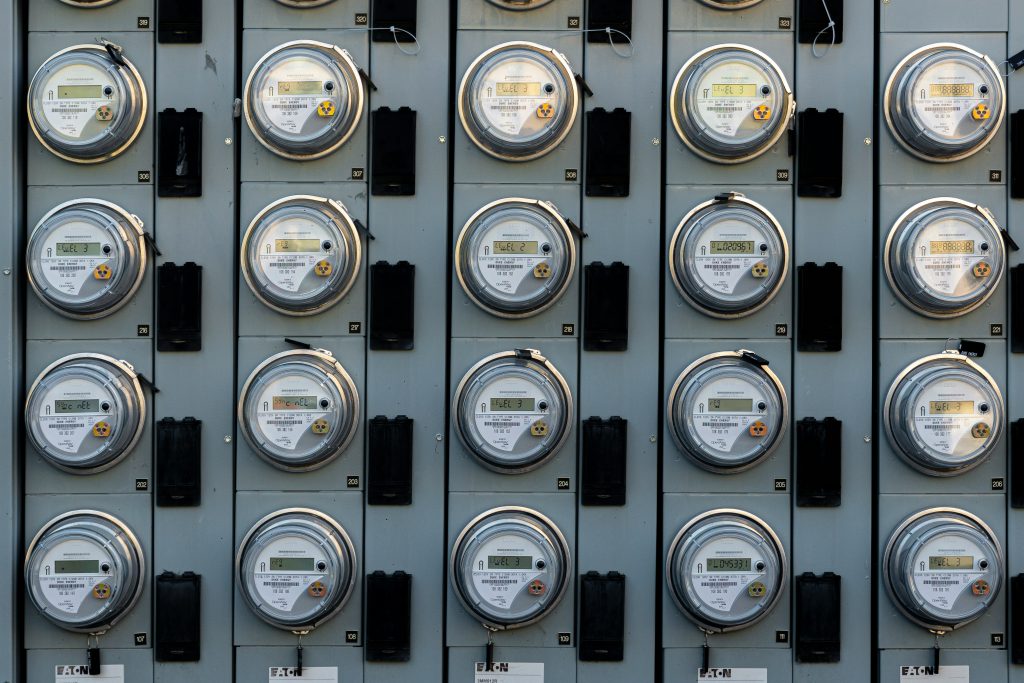As utility costs rise and transparency becomes a growing concern in rental housing, California’s proposed Assembly Bill 1248 (AB 1248) is poised to reshape how landlords handle utility billing—specifically RUBS (Ratio Utility Billing Systems). If passed by the legislature, AB 1248 will introduce strict regulations on how utility charges can be passed to tenants, particularly in multi-unit buildings without individual utility meters. As of the posting of the blog AB 1248 has been amended and is headed for a third reading before a final vote in the assembly.
What Are RUBS (Ratio Utility Billing?
RUBS is a method used by landlords to divide utility bills (like water, sewer, gas, and electricity) among tenants based on factors such as square footage or number of occupants—not actual usage. It’s commonly used when buildings aren’t sub-metered, but has drawn criticism for being unpredictable and lacking transparency.
How Does AB 1248 Affect RUBS in San Diego?
If AB 1248 becomes law, starting January 1, 2026, landlords will face new limits on utility billing. However, the bill does still allow RUBS for water and sewer—with strict disclosure and fairness requirements.
What Can Landlords Do Under AB 1248 in regards to RUBS:
- Individually Metered Units: If utilities (including electricity or gas) are individually metered, landlords can continue charging tenants based on actual usage.
- RUBS for Water and Sewer (New and Existing Tenancies): Landlords can continue using RUBS for water and sewer, but must follow all of the following conditions:
- Lease Disclosure: The lease must clearly state the use of RUBS and the utility cost-sharing arrangement.
- Calculation Transparency: The method for allocating costs (e.g., by unit size, headcount) must be disclosed.
- Monthly Utility Disclosures: Tenants must receive monthly statements showing:
- The total utility bill for the property,
- The rate used,
- The tenant’s share and how it was calculated.
- No Overcharging: The total amount collected from tenants over a 12-month period must not exceed the actual utility cost paid by the landlord.
- No Vacancy or Default Redistribution: Landlords cannot redistribute unpaid utility costs or vacancy losses among paying tenants.
- No Increases or Method Changes (for Existing Tenants): For tenants in place before Jan 1, 2026, RUBS is only allowed if the charges and calculation method haven’t changed since move-in.
- Existing RUBS Agreements: RUBS for utilities other than water/sewer (like gas or trash) may continue only for existing tenants and under strict compliance with the above conditions.
What Can Landlords NOT Do Under AB 1248:
- New RUBS for Electricity or Gas After 2026: Landlords cannot begin RUBS billing for electricity or gas on new leases starting January 1, 2026 or later—unless those utilities are separately metered.
- Flat Fees Without Meters: Charging flat utility fees based on estimates or occupancy (without sub-meters) will be prohibited under new tenancies, as they are treated similarly to RUBS under the bill.
- Charge for Non-Utility Costs: Landlords may not inflate utility charges to cover administrative fees, late charges, or building maintenance unrelated to the actual utility bill.
Why Does AB 1248 Matter?
- Review your RUBS practices and billing software,
- Prepare to provide detailed monthly utility statements,
- And consider sub-metering options for utilities that will no longer qualify under the new rules.

The information in this blog is for general informational purposes only and should not be your sole basis for financial or investment decisions. While ACI Apartments uses reliable sources for data and analysis, you should verify all information independently. This blog is not a comprehensive report on all changes to local, state, or federal laws affecting property owners and managers. Laws may have changed or been misinterpreted since publication. Always consult legal counsel or a licensed CPA before making decisions. ACI Apartments is not liable for actions taken based on this content.
